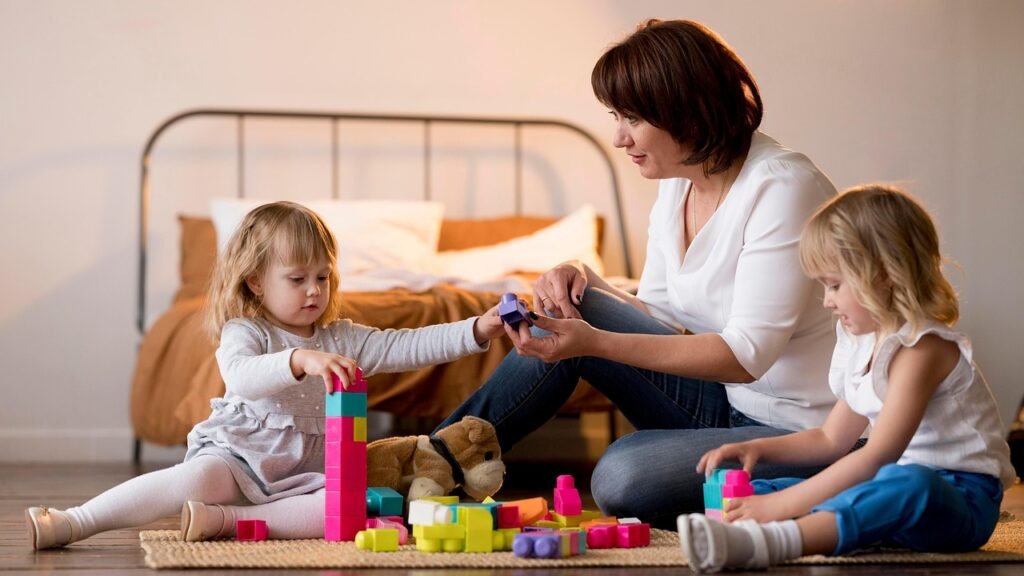As a parent, it’s natural to wonder: Is my child’s speech development on track?
While every child grows at their own pace, there are certain signs that may suggest it’s time to consult a certified speech-language pathologist.
Here are some clear, age-appropriate signs to help you determine whether your child may benefit from speech therapy—and why early support can make all the difference.
👶 Ages 1–2: Early Sounds & First Words
✅ Signs to Watch For:
- Not babbling (e.g., “ba-ba,” “da-da”) by 12 months
- Not using gestures (pointing, waving, reaching) to communicate
- No clear first words by 15–18 months
- Not following simple directions like “Come here” or “Give me that”
- Seems frustrated often but can’t express needs with words or signs
🧠 By age 2, most children can say around 50 words and start combining two words (e.g., “more juice,” “go car”).
👧 Ages 2–3: Understanding & Being Understood
✅ Signs to Watch For:
- Speech is difficult for family (or even you) to understand
- Not combining words into simple phrases
- Difficulty imitating sounds or words
- Echoes words instead of responding appropriately
- Shows little interest in talking or communicating
- Can’t point to body parts or pictures when asked
🧠 By age 3, strangers should understand about 75% of your child’s speech.
🧒 Ages 4–5: Storytelling, Clarity, and Social Speech
✅ Signs to Watch For:
- Still omitting or mispronouncing many sounds (like “r,” “l,” “s,” “sh,” or “th”)
- Struggles to form complete sentences or describe events
- Difficulty asking questions or answering them
- Has trouble following two- or three-step directions
- Gets easily frustrated or avoids speaking situations (e.g., preschool, playground)
🧠 By kindergarten, most children can speak clearly in full sentences and be understood by nearly everyone.
🚩 Additional Red Flags (At Any Age)
- Stuttering or frequent hesitations
- Flat, robotic, or unusually high-pitched voice
- Difficulty chewing or swallowing
- History of hearing issues or frequent ear infections
- Regression in speech or language abilities
👩⚕️ Early Help Makes a Big Difference
The earlier a speech delay or communication disorder is identified, the easier it is to address.
If you’re noticing any of these signs—or if you simply have a gut feeling—it’s always okay to ask questions and seek professional insight.
💬 Talk to a Speech Expert Who Truly Cares
Pamela Cerrato, MA CCC-SLP offers individualized evaluations and therapy plans designed around your child’s unique needs. With a caring, play-based approach, she helps children build strong communication skills and grow with confidence.
📞 Schedule a Consultation with Pamela
Pamela Cerrato, MA CCC-SLP
Empowering kids. Supporting parents. One word at a time.




